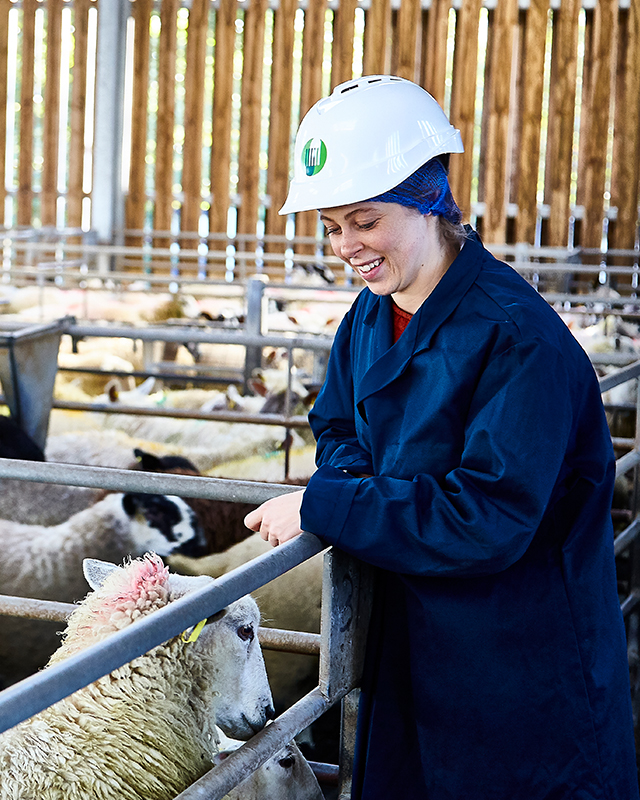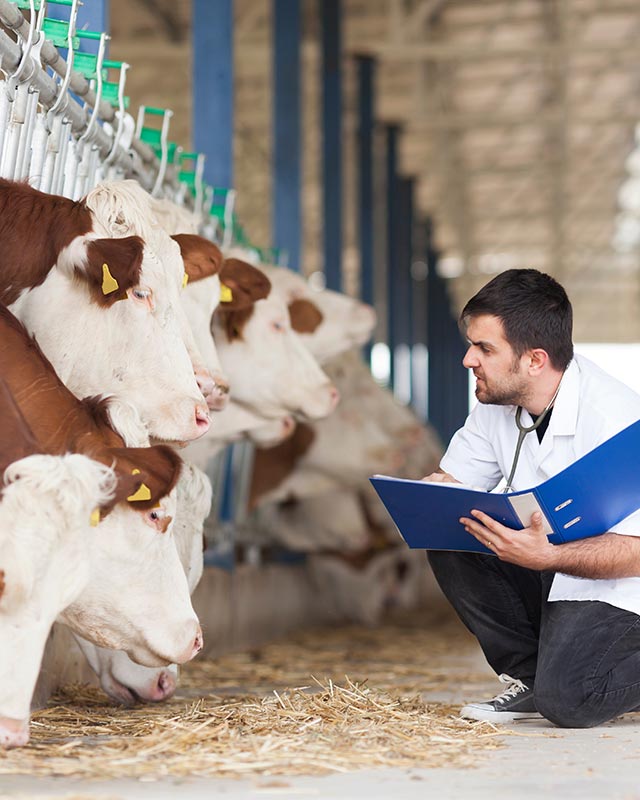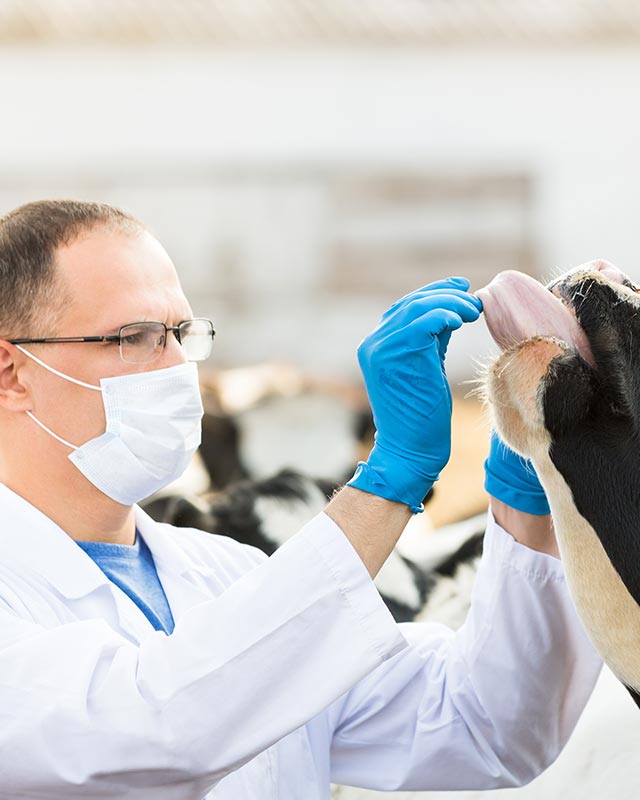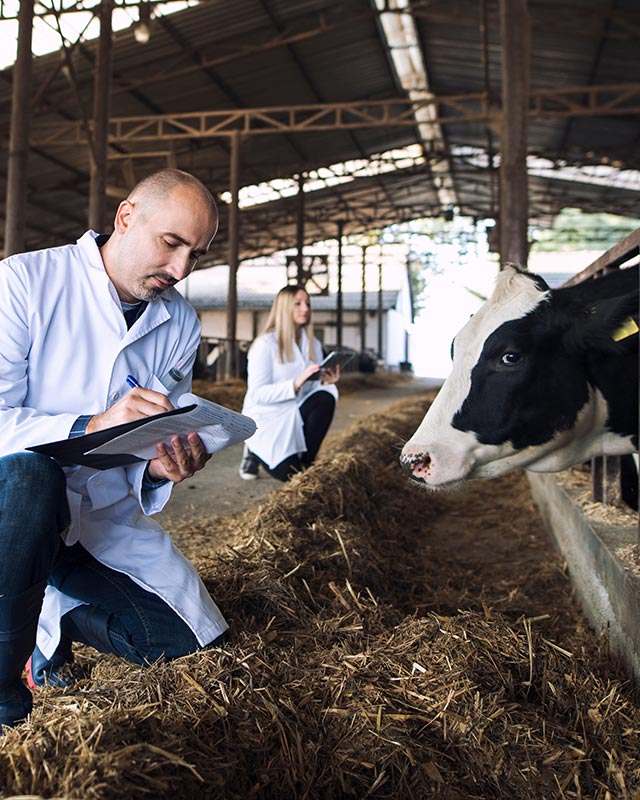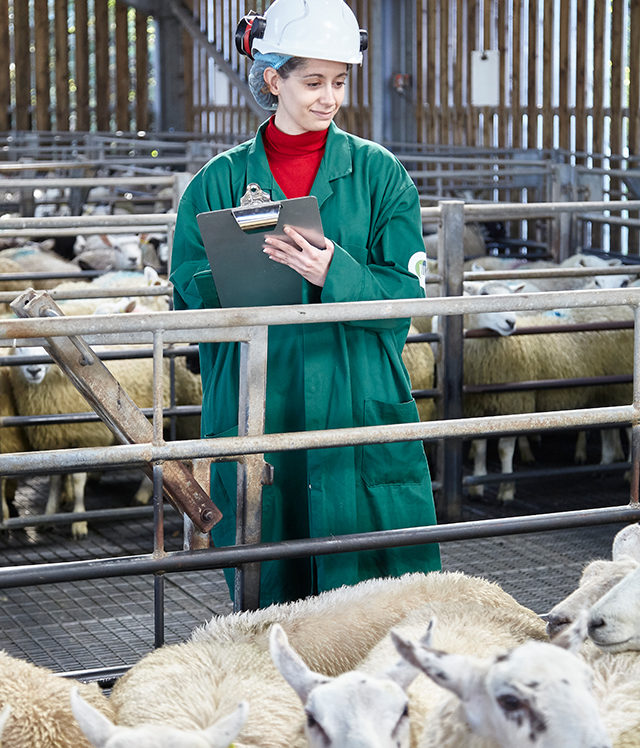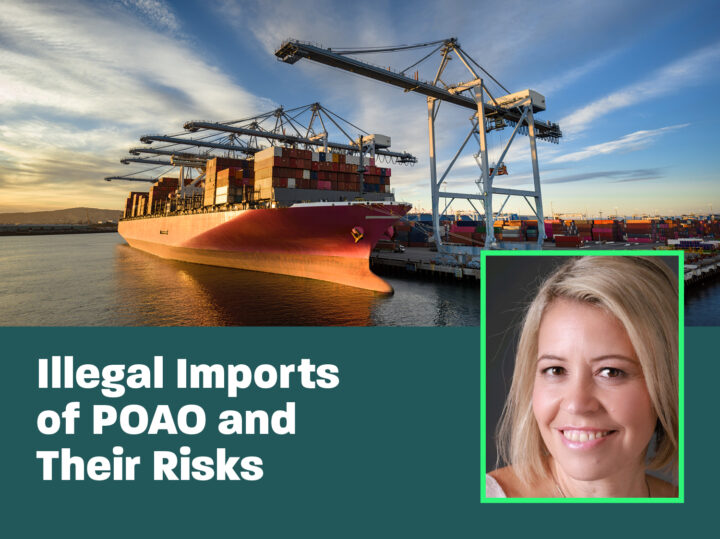Illegal imports of animal products—such as meat, dairy, eggs, fish, and honey—enter countries without proper inspection, certification, or declaration. These checks exist to safeguard public health, animal health, and product quality.
In this article, our National Technical Lead for Imports, Patricia Gonzalez, details the potential impact of illegal imports…
With global travel and trade increasing over recent decades, smuggling of animal products has become a growing challenge. These products may be hidden in personal luggage, mislabelled in shipments, or moved by organised networks. They can act as a “Trojan horse,” introducing pathogens that threaten biosecurity.
Illegal imports can occur intentionally, for profit or access to restricted foods, or unintentionally, when travellers are unaware of the rules. Either way, they pose significant risks to human health, livestock, the environment, and the economy.
A notable example is African swine fever in Europe and Asia, where contaminated pork products helped spread the disease, resulting in millions of pigs being culled and substantial economic losses. Similarly, avian influenza outbreaks have been traced to smuggled poultry, illustrating that even small volumes of illegally imported goods can have severe consequences.
The key risks associated with these imports are outlined below.
Public Health Concerns: Zoonotic and Foodborne Pathogens
Illegal meat, dairy, and eggs can carry pathogens such as salmonella, E. coli, and avian influenza viruses. Without proper inspection, these products bypass safety controls, increasing the risk of foodborne disease and zoonotic infections. From a veterinary perspective, even minor breaches in control can have serious public health consequences.
Animal Health and Biosecurity Threats
Smuggled animal products pose a direct threat to livestock. Diseases like foot-and-mouth disease, classical swine fever, or avian influenza can spread rapidly, sometimes requiring mass culling and causing devastating losses for farmers. Biosecurity breaches can also disrupt national disease surveillance and control programmes.
Environmental Consequences of Smuggled Products
Illegally imported products may introduce pests or pathogens into local ecosystems, affecting wildlife populations and biodiversity. Once established, these threats are difficult and costly to eradicate, and they can have long-term ecological consequences.
Economic and Trade Implications
Outbreaks linked to illegal imports carry significant costs. Governments fund disease control measures, compensate farmers, and often face trade restrictions. Legal businesses are affected when export bans are imposed due to the presence of unregulated imports, highlighting the wider economic impact.
Prevention: Education, Enforcement, and Vigilance
Preventing these risks requires a combination of individual and institutional action:
- Consumers and travellers must follow import regulations and buy from trusted sources.
- Authorities need adequate funding, strong enforcement, and coordinated intelligence to detect and stop illegal imports.
- Public education campaigns, particularly at airports and ports, are crucial for reducing unintentional smuggling. International collaboration between veterinary and customs agencies strengthens these efforts.
Conclusion: The Importance of Awareness and Government Support
Illegally imported animal products may seem harmless, but the risks are real. They threaten human and animal health, the environment, and the economy. Education is vital: many illegal imports occur unintentionally due to lack of awareness. Clear guidance for travellers, combined with robust government support and enforcement, is essential. Cutting resources for inspection and biosecurity undermines these efforts and leaves countries vulnerable to outbreaks and economic loss.
You can find out more about the Portal Inspection Services we offer, here: Portal Inspection – E&J

